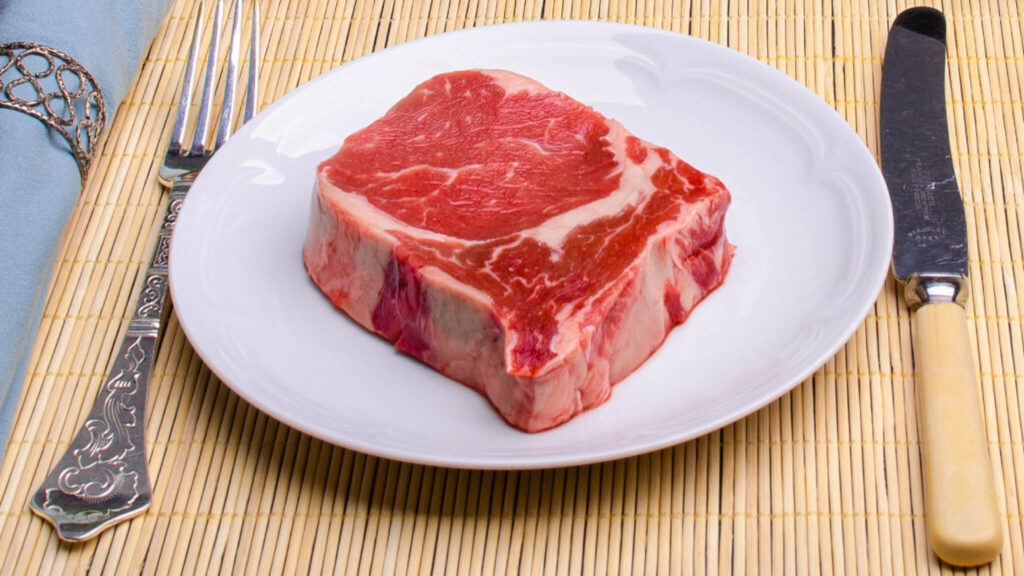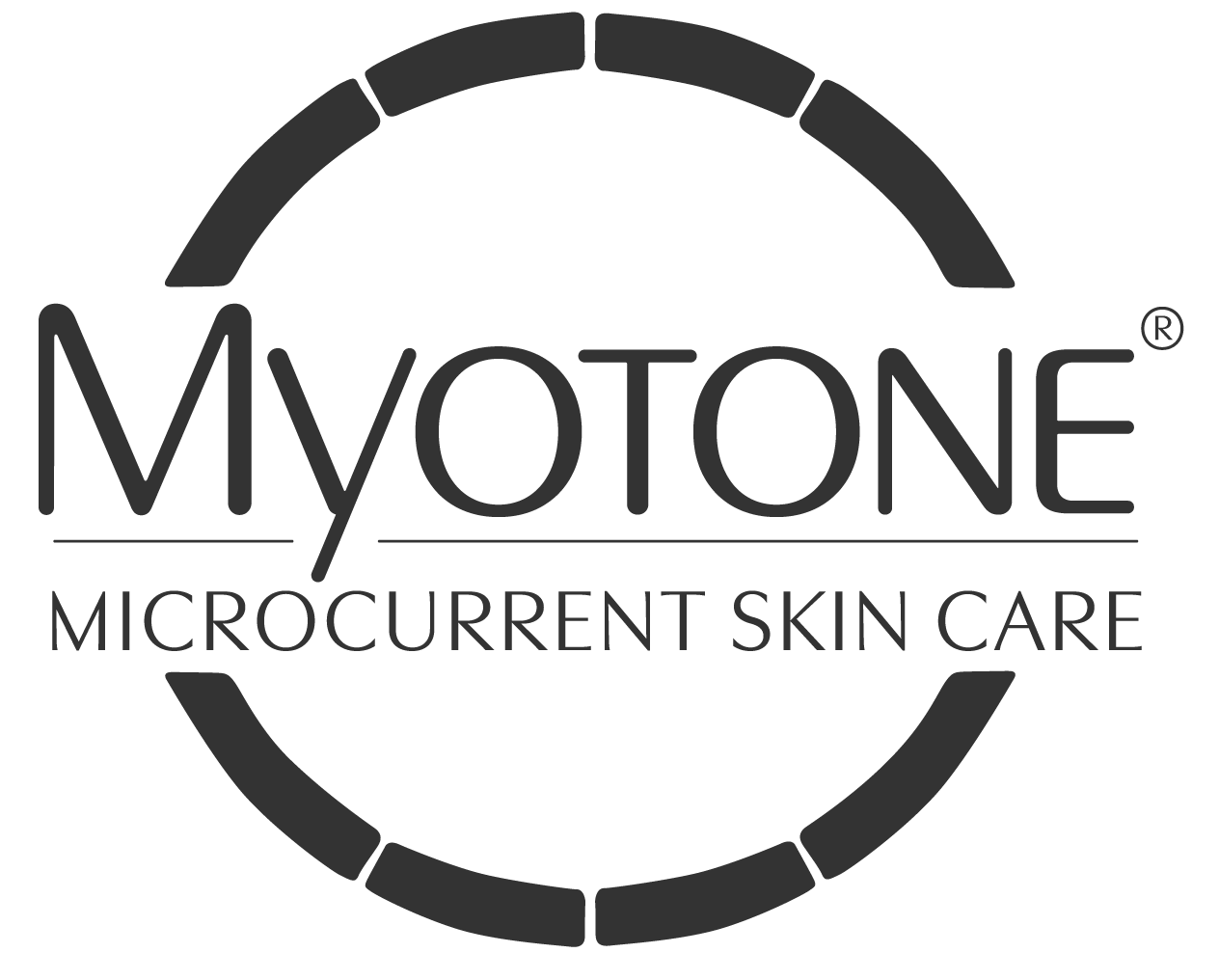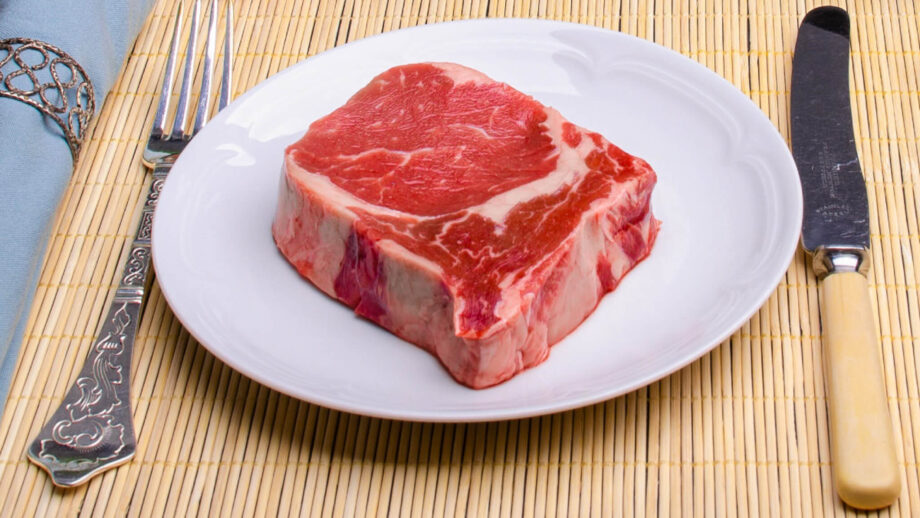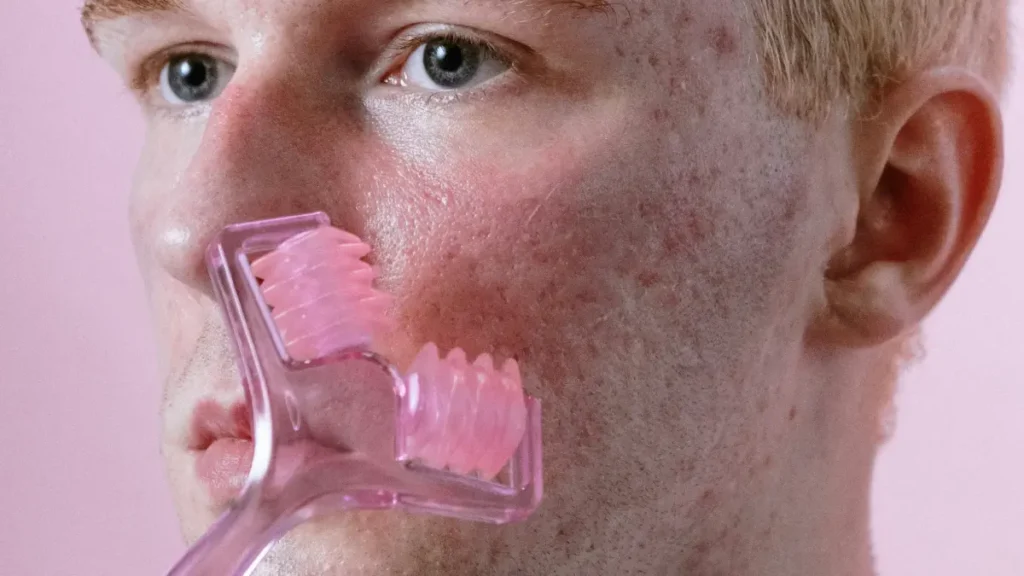If you’re on social media, you’ve probably seen the recent trend where influencers use beef tallow as a skincare product. Yes, you read that correctly – the same substance that’s been used in cooking (notably used to fry McDonalds Fries) is now making its way onto our skin. But what’s the rationale behind this unconventional approach to skincare?
Let’s explore the potential benefits, downsides, and why beef tallow may or may not be something you want to add to your routine.

Potential Benefits
1. Natural Moisturization
Beef tallow is packed with fatty acids, such as oleic acid, which can effectively moisturize and hydrate the skin. Its emollient properties create a protective barrier, preventing moisture loss and leaving the skin feeling soft and supple.
2. Rich in Nutrients
Beef tallow contains vitamins A, D, E, and K, along with antioxidants, which can nourish and rejuvenate the skin.
3. Non-Comedogenic
Contrary to popular belief, beef tallow is non-comedogenic, meaning it’s unlikely to clog pores or cause acne breakouts. This makes it suitable for various skin types, including oily and acne-prone skin.

Potential Downsides
1. Allergies and Sensitivities
While beef tallow is generally considered safe for topical use, individuals with sensitive skin or certain allergies may experience adverse reactions. It’s essential to perform a patch test before incorporating beef tallow-based products into your skincare routine.
2. Ethical and Environmental Concerns
The use of beef tallow raises ethical and environmental considerations, particularly regarding animal welfare and sustainability. Some individuals may opt for plant-based alternatives out of ethical or personal beliefs.
3. Texture and Odor
Beef tallow has a distinct odor and texture that may not appeal to everyone. Some individuals may find the smell unpleasant or the texture too greasy, leading to discomfort or dissatisfaction with the product.
Not a Cure All:
While beef tallow shows promise as a natural skincare ingredient, it’s important to acknowledge that scientific research on its efficacy and safety is limited. Unlike well-studied skincare ingredients like retinol, whose anti-aging benefits are supported by extensive research, beef tallow’s effects on the skin are not as well-understood. Therefore, while it may offer certain benefits, it’s not a replacement for scientifically backed anti-aging skincare products like peptides, microcurrent, or retinoids.
The use of beef tallow in skincare is a testament to the diversity of approaches within the beauty industry. While it may appeal to those seeking natural alternatives, it’s essential to approach it with caution and an understanding of its limitations. Ultimately, finding the right skincare regimen involves considering individual needs, preferences, and consulting with skincare professionals.

This article is brought to you by

Learn More ⭢



